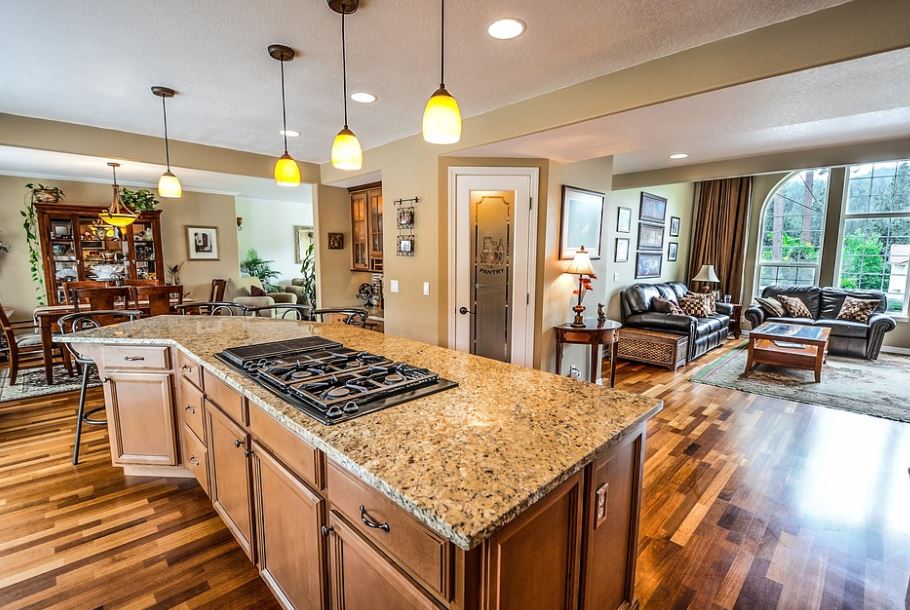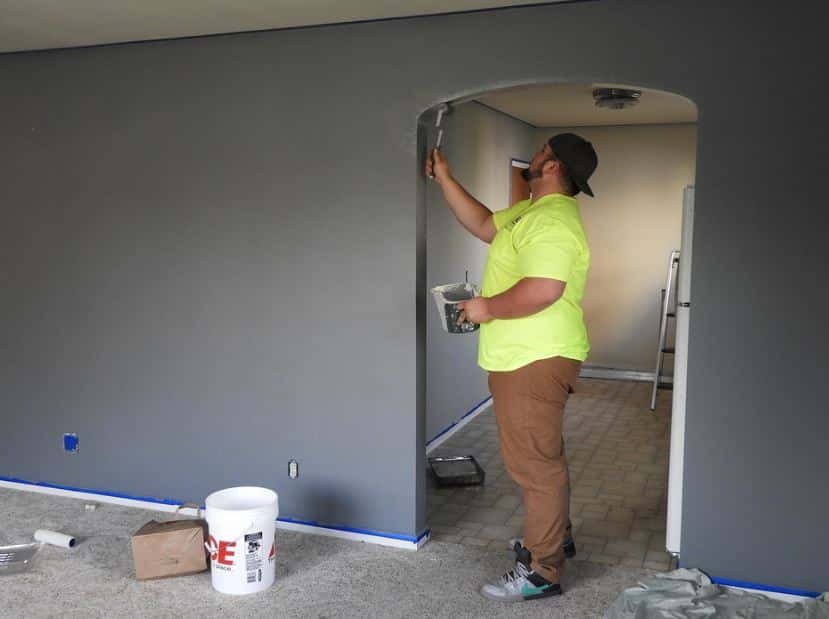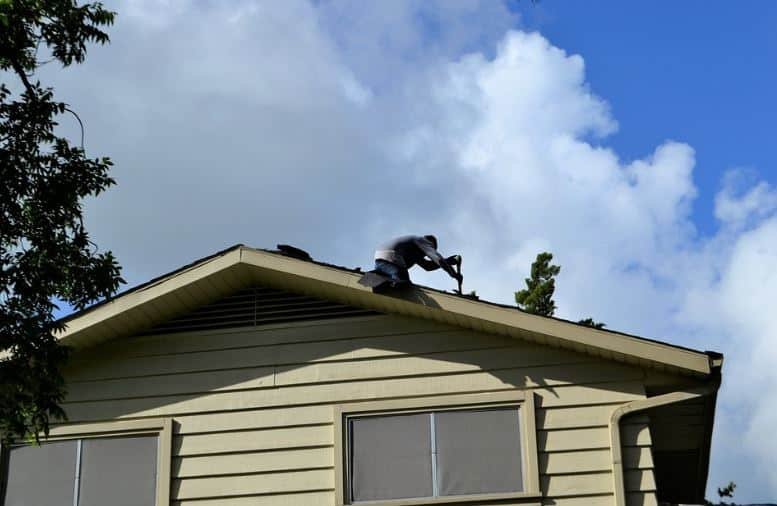Finance
6 Financing Options for Your Home Renovation Project

When it comes to home renovations, the possibilities are endless. From small projects like repainting and replacing light fixtures to major transformations like adding a second story or converting your attic into a living space, there is no shortage of ideas for how you can make your house feel new again.
However, with all these different renovation projects comes a cost. Unless you’re looking at taking out a loan from the bank or selling your home and buying another one, it’s likely that financing will be an important factor in your renovation project.
So, if you’ve found the perfect contractor and have started brainstorming some renovation ideas for your home but are worried about how much it will cost and how you will pay for them, take a look at some financing options for your renovation project.
[lwptoc]
Fixed-Rate Loans
Fixed-rate loans are a type of home equity loan fixed-rate loan where you borrow money against the equity you have built up in your home to pay for renovations. For example, if you have a $100,000 home with a 30-year fixed-rate mortgage at 4%, you have $95,000 in equity. You can use this equity to get a home equity loan for renovations.
Fixed-rate loans have predictable interest rates and payments, making them predictable for you and for your lender. The interest rate on a home equity loan is higher than a standard mortgage. However, the interest rates on home equity loans vary from lender to lender, so shop around for the best deal.

Adjustable-Rate Loans
An adjustable-rate loan is a type of home equity loan that is tied to a benchmark, such as the LIBOR or the 1-year Treasury bill. These loans typically start out with a lower interest rate, but they can increase over time. This is a riskier loan because you don’t know what your interest rate will be, but it can be helpful if you want to fund a higher-priced project.
Adjustable-rate loans come with a cap, which means the interest rate will not exceed a certain percentage. An adjustable-rate loan’s payment can change annually or every two years, depending on the type of loan.
Defaulting on your home equity loan makes it much easier for the bank to take possession of your home and sell it to pay off the debt. There is no minimum credit score for a home equity loan — you only need enough equity in your home to qualify. However, you will pay a higher interest rate.
Home Equity Line of Credit
A home equity line of credit will allow you to borrow against your home’s equity to fund renovations. You can draw funds from this line of credit whenever you need them, just like a credit card.
You’ll typically pay interest only on the amount you borrow, with no minimum monthly payment. If you typically have big renovations and repairs throughout the year, an equity line of credit is a useful tool to have.
However, be aware that you have to have enough equity in your home to qualify for the loan. Equity lines of credit have a variable interest rate that is usually tied to a prime rate or LIBOR. This can be helpful in times of rising interest rates, but you will end up paying a higher interest rate than with a fixed-rate loan.
Renovation Loan With a Coaching Program
Renovation loans with a coaching program are ideal for homeowners who want to renovate but don’t want to worry about how they are going to pay for it. The renovation loan program offers financing for a variety of projects, including landscaping, home renovations, energy efficiency improvements, builder assistance, and more.
Borrowers can choose to have their repayment terms extended over 10 or 15 years, or they can choose to pay back the loan over a shorter period of time. The program also includes a concierge service that helps homeowners find contractors and plan out their projects. This is also the perfect setup for first-time homeowners who have never done large home improvement projects before and need a little extra guidance along the way.
Home Improvement Loan
A home improvement loan is a loan against the value of your home that you use to pay for renovations. Home improvement loans are ideal if you only plan to make a few improvements over the course of several years. Unlike a home equity loan, a home improvement loan does not give you immediate access to cash.
Instead, the money is used to lower the amount you owe on your mortgage. This allows you to lower your monthly payments, gives you more time to pay off your loan, or both. Home improvement loans are typically fixed-rate loans with a longer repayment period than a typical home equity loan.
Since the funds are being secured by your home, home improvement loans typically have a lower interest rate. They do require homeowners to have some equity in their homes to qualify.

Apply for Help From Your State
Many home improvement projects may be covered, or partially covered, through help from your state. This includes major projects such as putting a new roof on the house, adding new heating sources, fixing water lines, or even putting in insulation. States such as Maine will help with costs if it adds to the value of your home, while making yo[ur home more energy efficient.
Conclusion
There are plenty of different financing options available to fund your next home improvement project. No matter which type of loan you choose, remember to shop around and ensure that you are getting the best rate possible.
You may be able to save money by refinancing your current home equity loan to a lower interest rate or waiting until interest rates go up before you take out a new loan. Financing options for your home renovation project are limitless — the only thing you have to decide is which ones make the most sense for you.
-

 Celebrity4 weeks ago
Celebrity4 weeks agoIs YNW Melly Out Of Jail? What Is The YNW Melly Release Date, Career, Early Life, And More
-

 Sports4 weeks ago
Sports4 weeks agoMore Than Just a Game: How College Sports Can Shape Your Future
-

 Tech3 weeks ago
Tech3 weeks agoAI Software: Transforming the Future of Technology
-

 Tech3 weeks ago
Tech3 weeks agoAll About Com. Dti. Folder Launcher: Features, Benefits, Tips, And More













